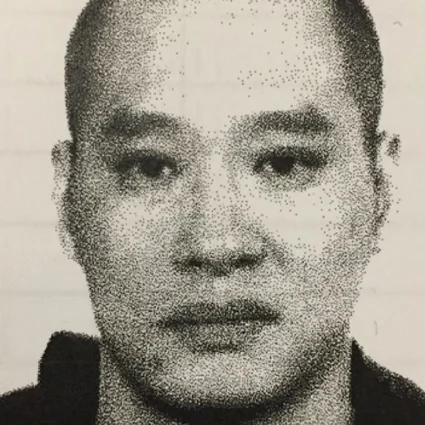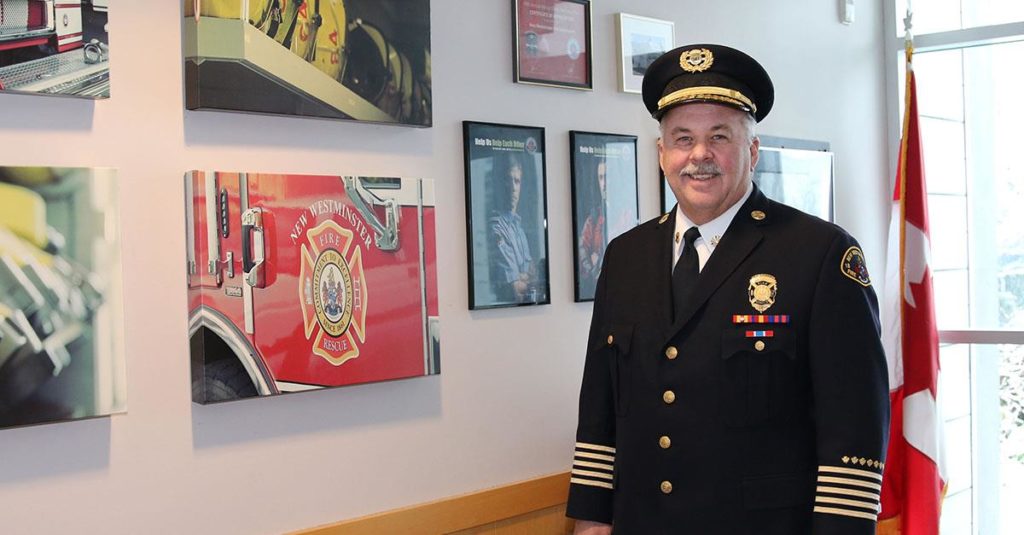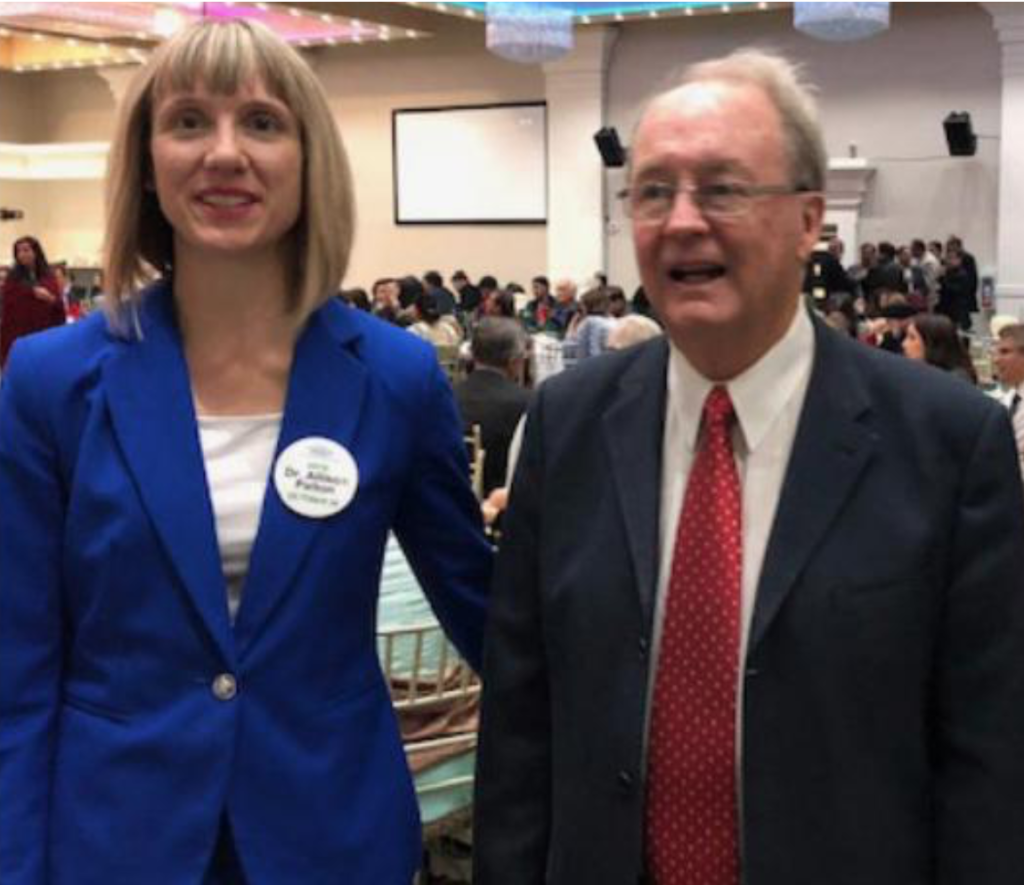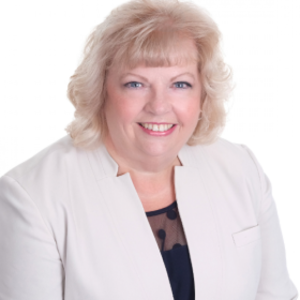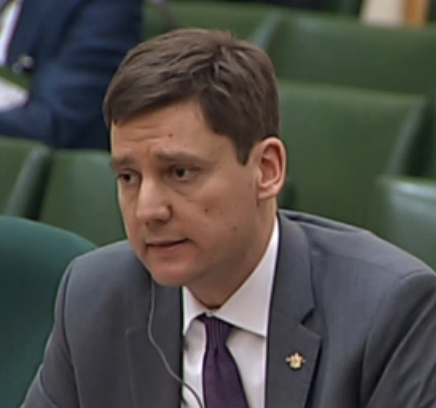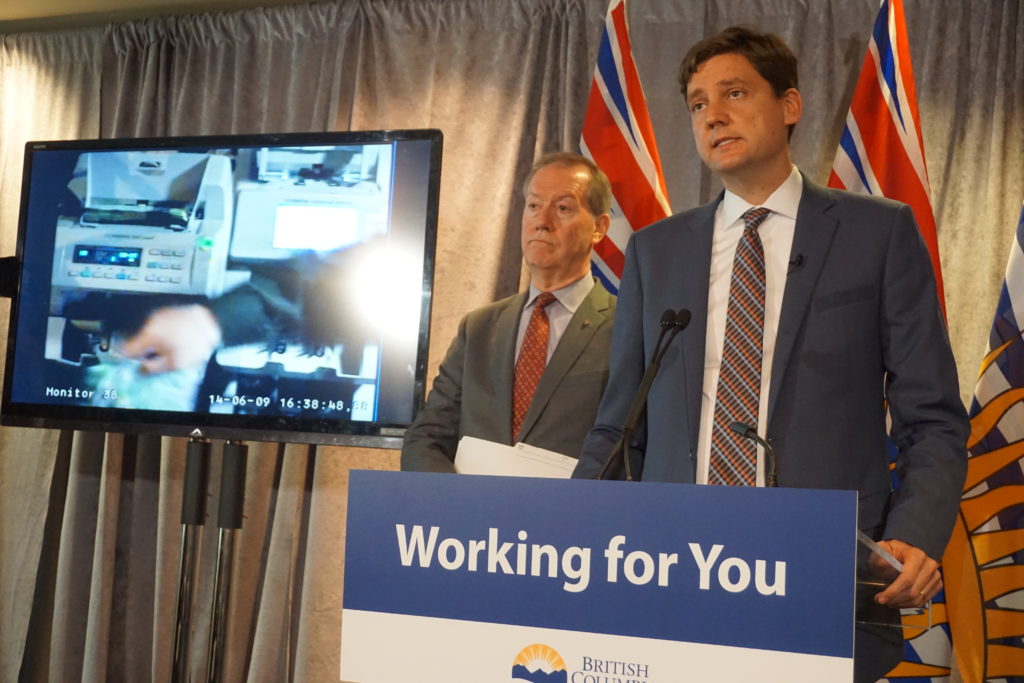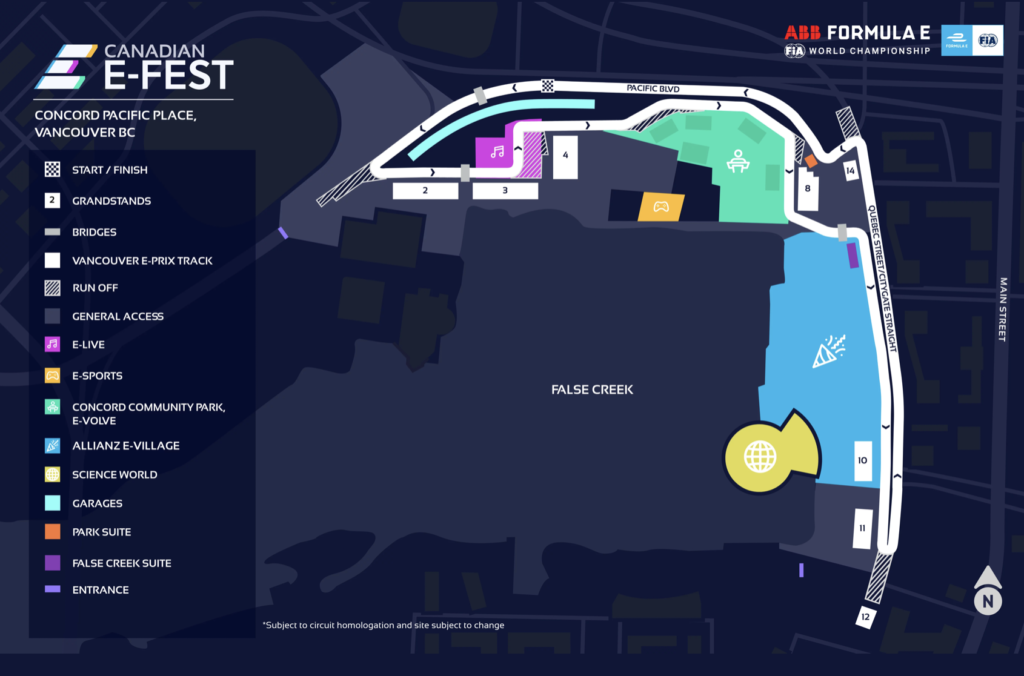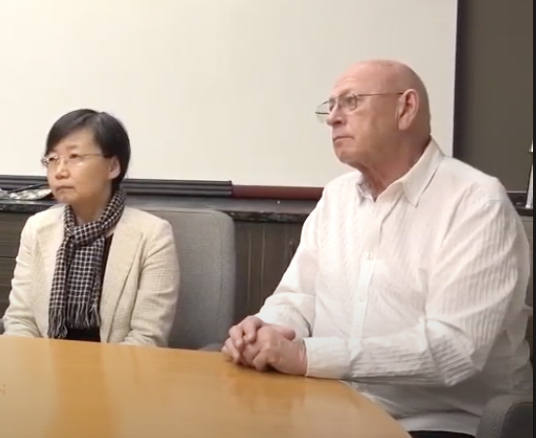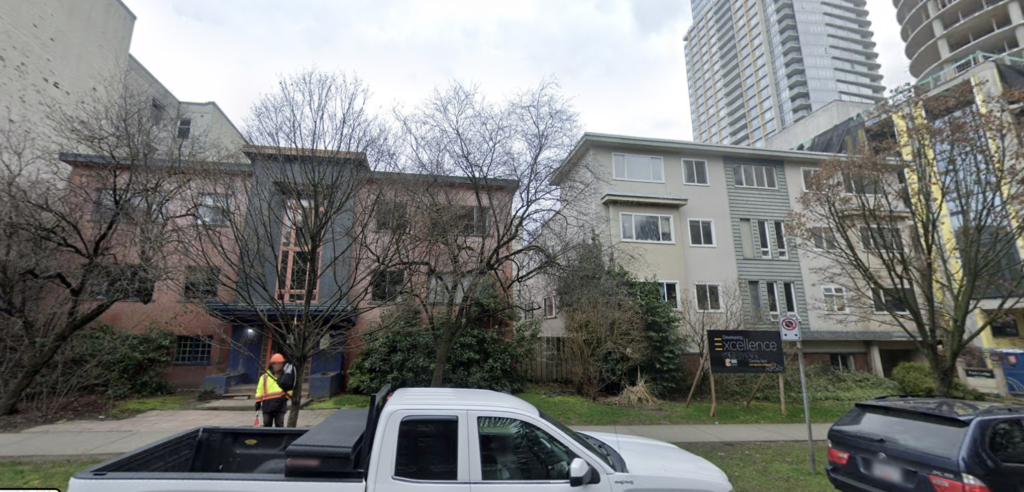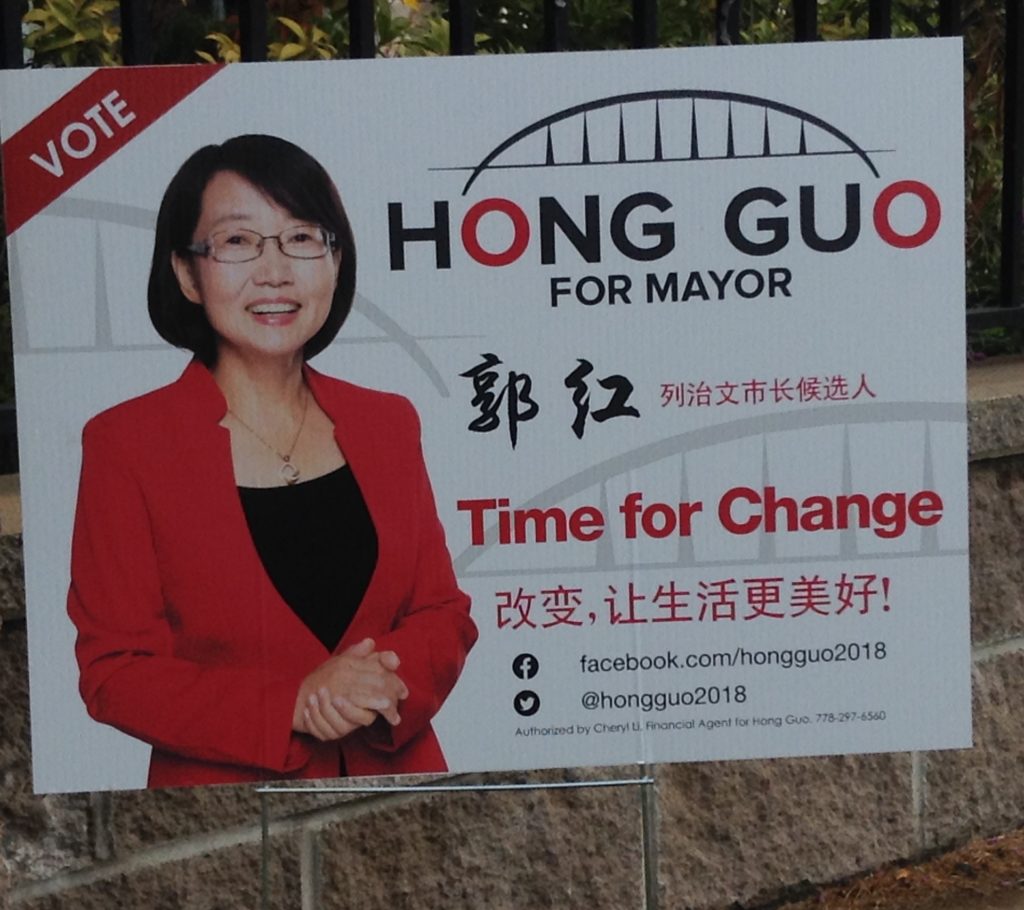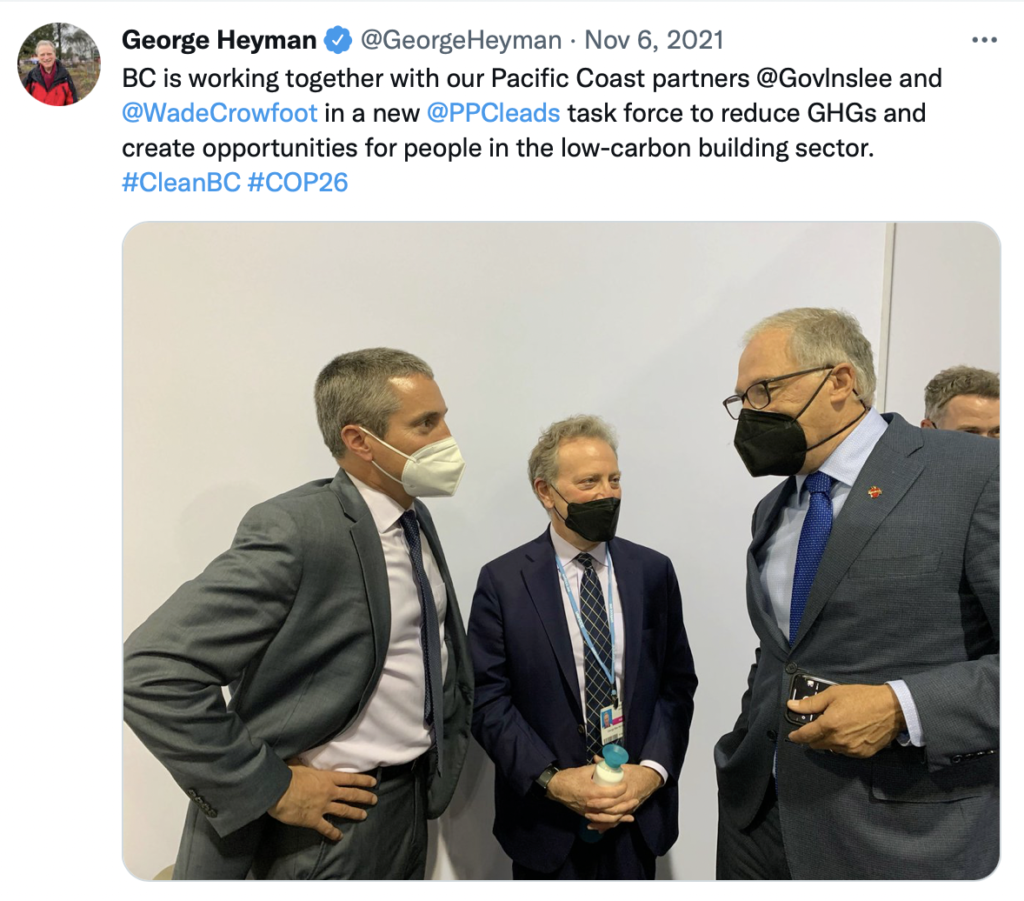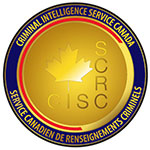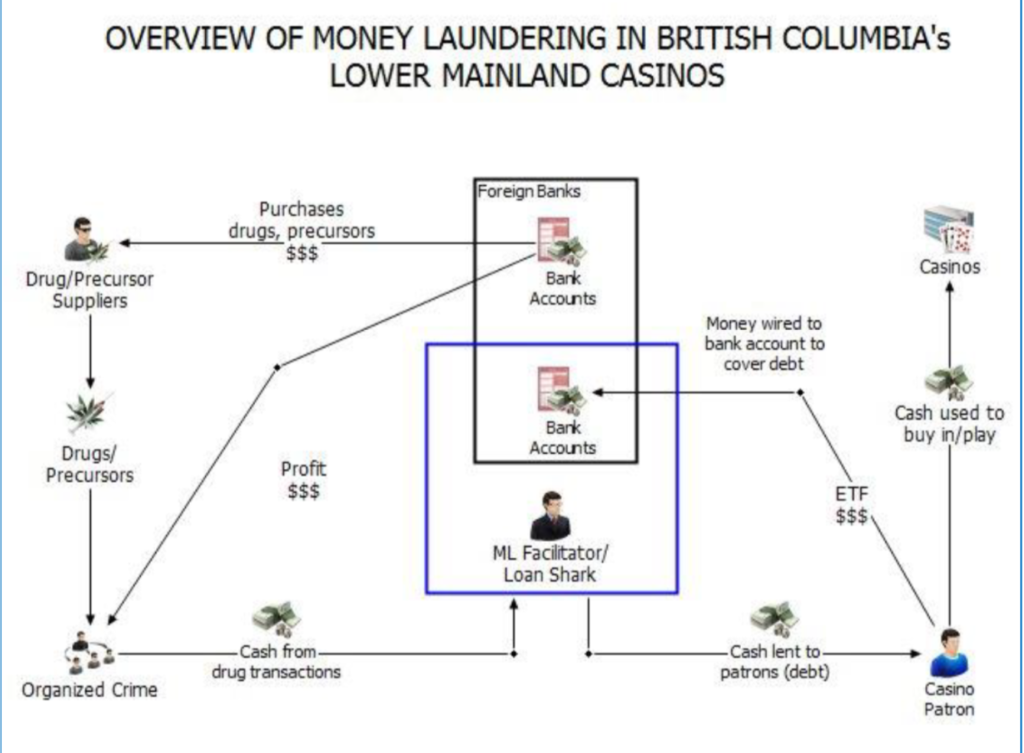More charges in killing of Richmond underground banker
Bob Mackin
A second person has been charged in connection to the killing of a key figure in B.C.’s casino money laundering scandal.
Yuexi Lei, 37, was arrested March 10 and appeared in Richmond Provincial Court April 28 on two counts of accessory after the fact and one count of accessory after the fact to murder.
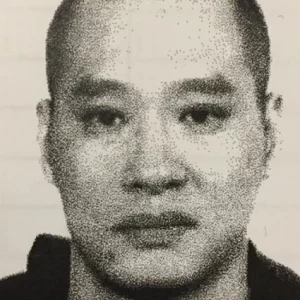
Silver International underground banker Jian Jun Zhu.
Last November, the Integrated Homicide Investigation Team announced the first degree murder charge against Richard Charles Reed, 23, for the Sept. 18, 2020 fatal shooting of Jian Jun Zhu, 44.
Both Lei and Reed are in custody and appeared separately by video before Richmond Provincial Court Judge Patrick Chen. Chen adjourned their cases to June 14 to determine whether to conduct a preliminary inquiry in Richmond Provincial Court or send the case to B.C. Supreme Court.
The online court registry says Lei also goes by the alias Alex and is scheduled to appear in Richmond Provincial Court on May 4 on stolen property and firearms charges related to an October 2020 offence in Richmond.
Reed is also charged with: aggravated assault; possessing a firearm with altered serial number; possessing a loaded, prohibited or restricted firearm; unlawful discharge of a firearm; and discharge a firearm with intent to wound/disfigure,
IHIT Sgt. David Lee said after Reed was charged last Nov. 15 that there were additional people involved in the crime and the investigation was continuing. The B.C. Prosecution Service’s Dan McLaughlin said Reed and Lei are the only persons currently charged.

Paul King Jin (BCLC/Cullen Commission)
Zhu was shot at the Manzo Japanese Restaurant on Cambie and Capstan in Richmond and died the next day in hospital. A second victim, Paul King Jin, survived.
Zhu was well-known to Richmond RCMP as the man behind the underground Richmond bank Silver International Ltd. that was accused of laundering $200 million annually. A criminal case against Zhu and director Caixuan Qin collapsed in November 2018 and the charges were stayed when federal prosecutors errantly exposed the name of an informant.
A source familiar with Jin, who was sitting next to Zhu at Manzo, said he was treated for facial cuts from bullet-shattered glass.
Jin was banned from B.C. casinos in 2012 and the B.C. government alleged in a 2020 civil forfeiture lawsuit that he used proceeds of crime to buy a boxing and mixed martial arts gym at the south end of No. 5 Road.
The World Champion Club gym, a kilometre south of the Richmond RCMP headquarters, became the North American training base for China’s national boxing team, hosted social events with local allies of the People’s Republic of China consulate, and even a 2019 news conference with then-NDP sport minister Lisa Beare.
Support theBreaker.news for as low as $2 a month on Patreon. Find out how. Click here.
Bob Mackin A second person has been charged






